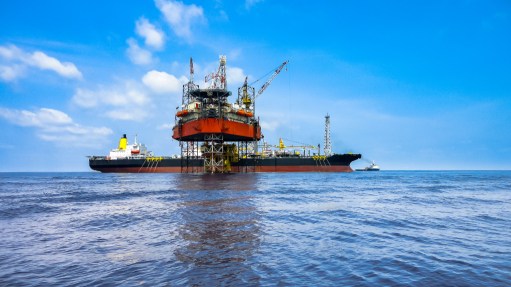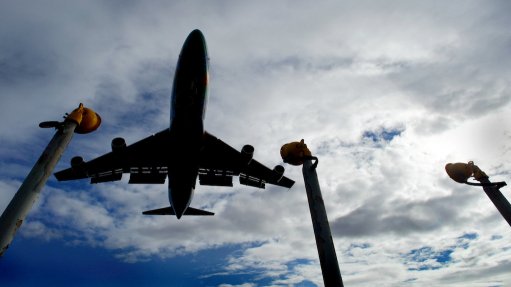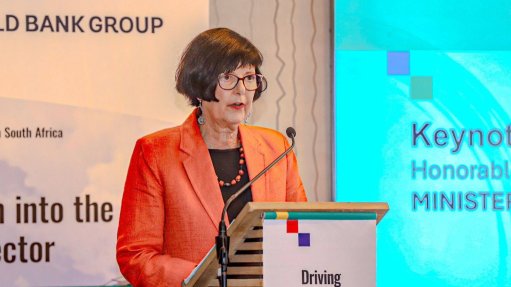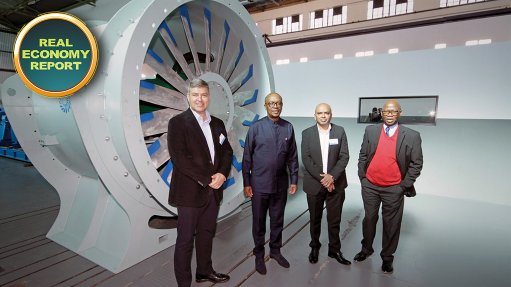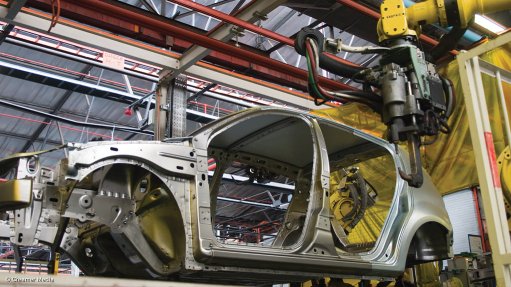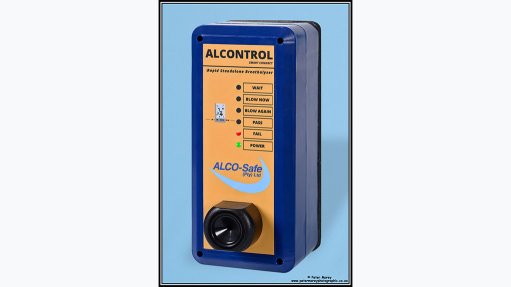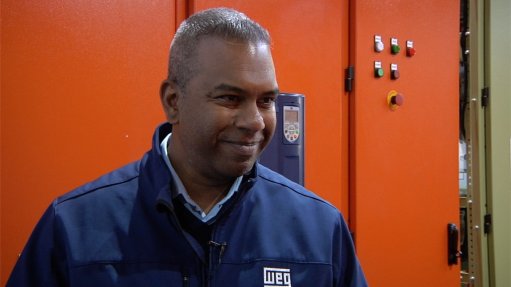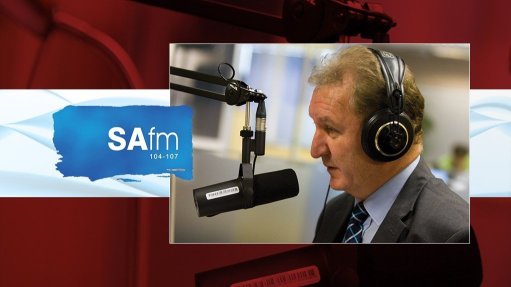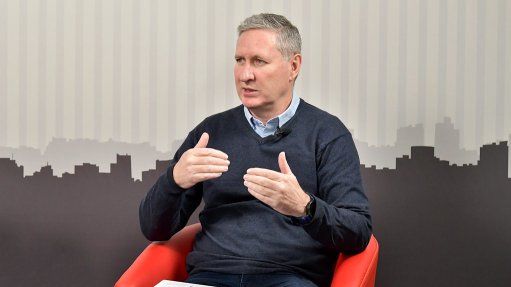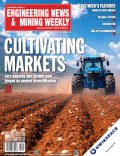Low-cost, green Internet offers hope to South Africa’s digitally excluded
The King Abdullah University of Science and Technology (KAUST), in Saudi Arabia, is developing new, energy-efficient, high-speed Internet systems that could deliver cost-effective and high-quality Internet access for millions of digitally unconnected South Africans.
The pioneering technologies use a combination of space-based and aerial networks with the aim to deliver quality Internet access similar to what expensive fibre optics deliver, but at an affordable cost.
“The solutions being developed at KAUST support global coverage without relying on a costly, on-the-ground infrastructure,” said KAUST electrical and computer engineering project lead and distinguished professor Mohamed-Slim Alouini.
The project includes the deployment of three-dimensional integrated networks that encompass terrestrial, airborne and satellite communications operating simultaneously over different parts of the electromagnetic spectrum.
It will use terrestrial base stations, TV towers, drones, balloons, stratospheric high-altitude platforms and satellites.
“The system’s structure and resource allocations, such as spectrum, will be adapted based on population density and the required quality of service, and it can be made sustainable by using environment-friendly transceivers and routers that harvest energy from renewable sources,” he explained.
The research on remote, low-income areas will help contribute to developing a “digitally inclusive and greener” future for South Africa and other nations with large numbers of disconnected people.
“Although access to the Internet in South Africa has increased rapidly in recent years, an estimated 20-million people, 35% of the population, cannot easily access the world wide web. Lack of robust Internet infrastructure compounds existing social and economic problems in areas such as health and education.”
While Internet accessibility rates are above 80% in developed countries, nearly three-billion people do not have Internet connectivity in poorer parts of the world, largely concentrated in rural, low-income and low-literacy areas, he said.
“Poor digital connectivity results in poor quality of life, low literacy rates and sluggish economic growth, which in turn fails to generate the financial resources needed for investment. It is a vicious circle.”
Alouini said that current fibre network infrastructures are not only expensive, but they are also energy intensive and often impractical.
“In poorer or lower-population density regions, the cost of deploying an optical fibre network and related infrastructure, in particular a reliable electrical power grid, becomes prohibitive, and can greatly increase carbon emissions, as recent studies have demonstrated.”
Beyond connecting the unconnected, the developed solutions could also be used to enable the Internet of Things in remote and hard-to-reach areas, providing smart exploration and monitoring of South Africa’s many natural resources, as well as better food production and supply chain management solutions, he continued.
“Our research activities will hopefully not only reduce the inequalities between the ‘haves and have-nots’ in several social, educational, health and economical domains but also contribute to the creation of new business and economic opportunities.”
Comments
Press Office
Announcements
What's On
Subscribe to improve your user experience...
Option 1 (equivalent of R125 a month):
Receive a weekly copy of Creamer Media's Engineering News & Mining Weekly magazine
(print copy for those in South Africa and e-magazine for those outside of South Africa)
Receive daily email newsletters
Access to full search results
Access archive of magazine back copies
Access to Projects in Progress
Access to ONE Research Report of your choice in PDF format
Option 2 (equivalent of R375 a month):
All benefits from Option 1
PLUS
Access to Creamer Media's Research Channel Africa for ALL Research Reports, in PDF format, on various industrial and mining sectors
including Electricity; Water; Energy Transition; Hydrogen; Roads, Rail and Ports; Coal; Gold; Platinum; Battery Metals; etc.
Already a subscriber?
Forgotten your password?
Receive weekly copy of Creamer Media's Engineering News & Mining Weekly magazine (print copy for those in South Africa and e-magazine for those outside of South Africa)
➕
Recieve daily email newsletters
➕
Access to full search results
➕
Access archive of magazine back copies
➕
Access to Projects in Progress
➕
Access to ONE Research Report of your choice in PDF format
RESEARCH CHANNEL AFRICA
R4500 (equivalent of R375 a month)
SUBSCRIBEAll benefits from Option 1
➕
Access to Creamer Media's Research Channel Africa for ALL Research Reports on various industrial and mining sectors, in PDF format, including on:
Electricity
➕
Water
➕
Energy Transition
➕
Hydrogen
➕
Roads, Rail and Ports
➕
Coal
➕
Gold
➕
Platinum
➕
Battery Metals
➕
etc.
Receive all benefits from Option 1 or Option 2 delivered to numerous people at your company
➕
Multiple User names and Passwords for simultaneous log-ins
➕
Intranet integration access to all in your organisation






